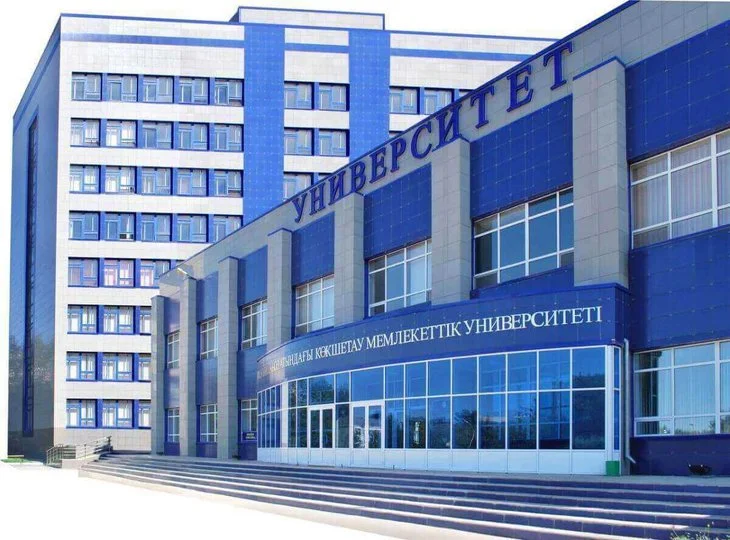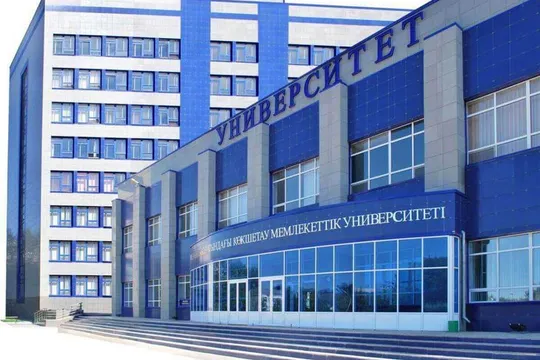Public health

Educational program code
6В10102
Language of instruction
Kazakh, Russian
Learning level
Undergraduate
Duration of study
5 year
Specialized subjects
Chemistry
Biology
Objectives of the educational program
Training of highly qualified competitive healthcare professionals with special knowledge and skills in the field of public health, management, quality and risk management in healthcare, capable of promoting innovative areas of modern management and developing medical and social measures to preserve and improve the health of the population.
- History of Kazakhstan
- Philosophy
- Social studies
- Political studies
- Cultural studies
- Psychology
- Kazakh language
- Foreign language
- Information and communication technologies
- Physical Training
- Genetics and Molecular Biology
- Anatomy
- Environment and health
- Biochemical, molecular and biophysical foundations of life
- Basics of pharmacology
- Microbiology and immunology
- Physiology
- Public health
- Fundamentals of epidemiology
- Introduction to specialty
- Sociology and psychology of health
- General hygiene
- Fundamentals of evidence-based medicine
- Fundamentals of Disinfection
- Biostatistics
- Information technology in healthcare
- Medical statistics
- Fundamentals of research. Bioethics
- Fundamentals of management in medical organizations
- Fundamentals of Healthcare Marketing
- Introduction to health legislation and economics
- Introduction to hospital management
- Healthy eating and food safety
- Occupational hygiene
- Environmental hygiene
- Communal hygiene
- Hygiene of children and adolescents
- Occupational diseases
- Production Practice Medical statistician's assistant
- Production Practice in Hygiene
- Nutriciology (food hygiene)
- State Sanitary and Epidemiological Supervision
- Epidemiology with the basics of disinfection
- Organization of infection control in medical organizations
- Epidemiology of infectious and parasitic diseases
- Fundamentals of Health Economics
- Health insurance
- Public healthcare
- Health promotion and disease prevention
- Fundamentals of health management
- Quality management of medical services
- Health policy and legislation
- Production practice in epidemiology
- Production practice Public Health
- Fundamentals of Economics and Entrepreneurship
- Fundamentals of life safety basics
- Valeology with the basics of first aid
- Academic writing
- Fundamentals of research activities
- Organization of project activities
- Fundamentals of preventive medicine
- Healthcare Innovation and Human Resource Management
- Innovation and entrepreneurship in healthcare
- Risk management in healthcare
- Data analysis in medicine
- Epidemiology of noncommunicable diseases
- Medical and social protection of the population
- Anti-epidemic measures in emergency situations
- Hygiene in healthcare organizations
Learning outcomes and competencies
- Forms knowledge based on the most important aspects in the field of environmental culture, security, economics, socio-cultural and historical education for the formation of a harmonious personality with an understanding of the principles of academic honesty.
- Use the knowledge of biomedical sciences in professional activities to identify and solve modern problems in public health.
- Demonstrates effective communication skills, both at the level of personal communication and at the level of systemic interaction with organizations and institutions of public health, including using modern information technologies.
- Applies critical thinking skills in analyzing and solving problems, including for setting goals and objectives in professional activities and planning their further education.
- Able to organize their own activities in accordance with applicable law.
- Able to monitor and evaluate the quality of the environment, the performance of health organizations and the health of the population.
- Knows modern technologies and methods of public health management.
- Proficient in infection control technologies in medical institutions, including in emergency situations.
- Knows methods of measuring the quality and safety of medical services, analysis and evaluation of risk management in health services, based on regulatory legal acts.
